Country Report Summary
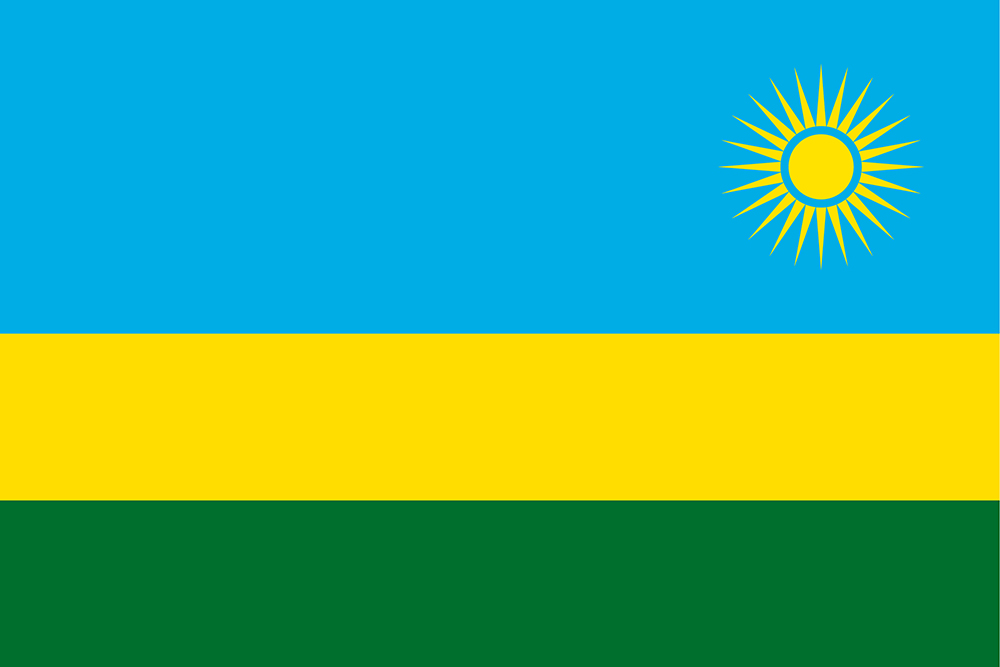
Rwanda
Anti Money Laundering
FATF status
Rwanda is not on the FATF List of Countries that have been identified as having strategic AML deficiencies.
Compliance with FATF Recommendations
The latest Mutual Evaluation Report relating to the implementation of anti-money laundering and counter-terrorist financing standards in Rwanda was undertaken in 2024. According to the follow-up Evaluation, Rwanda was deemed Compliant for 5 and Largely Compliant for 14 of the FATF 40 Recommendations. It was assessed Highly effective for 0 and Substantially Effective 0 of the Effectiveness ratings.
Sanctions
There are no international sanctions currently in force against this country.
Bribery & Corruption
Rating: 0 (bad) - 100 (good)
Transparency International Corruption Index = 57
World Bank: Control of Corruption Percentile Rank = 73
Rwanda is recognized as one of the least corrupt countries in Africa, ranking 49th globally in Transparency International’s 2023 Corruption Perception Index, an improvement from 54th in 2022. The government actively pursues anti-corruption measures, with high-ranking officials often resigning during investigations and facing prosecution. However, some investors have reported corruption at lower administrative levels, particularly involving customs, tax, and police officials, highlighting a mixed landscape of corruption perception in the country.
Economy
Rwanda’s economy has shown resilience and growth, recovering from a contraction during the COVID-19 pandemic, with GDP growth rates of 8.2% in 2022 and an estimated 7.6% in the first three quarters of 2023. The government has implemented significant reforms to improve the investment climate, including the establishment of the Rwanda Development Board to streamline business registration and promote foreign direct investment, while also facing challenges such as high transport costs due to its landlocked geography and issues with tax administration.
Rwanda has made significant strides in improving its investment climate through comprehensive business reforms, which have streamlined procedures for starting businesses and enhanced the ease of doing business. The government has shown a commitment to attracting foreign investment by offering incentives through programs like the Manufacture and Build to Recover Program and establishing the Kigali International Financial Centre. However, foreign investors still face challenges such as complex tax administration, high transport costs due to the landlocked geography, and competition from state-owned enterprises, which can hinder their ability to operate profitably.
Country Report Summary

Malaysia
Malaysia is not on the FATF List of Countries that have been identified as having strategic AML deficiencies.
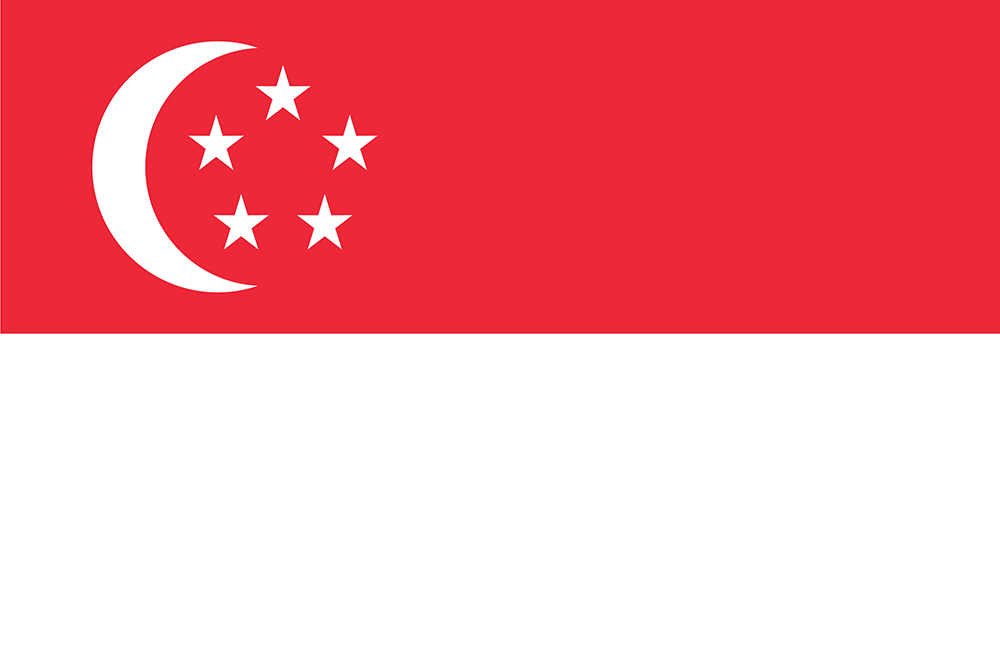
Singapore
Singapore is not on the FATF List of Countries that have been identified as having strategic AML deficiencies.
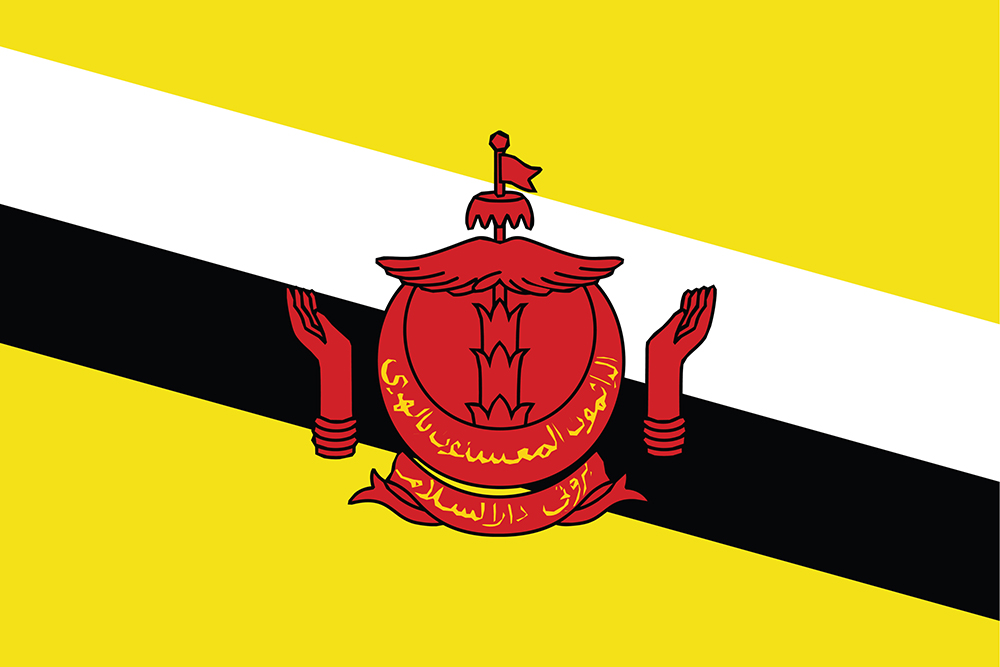
Brunei
Brunei is no longer on the FATF List of Countries that have been identified as having strategic AML deficiencies.
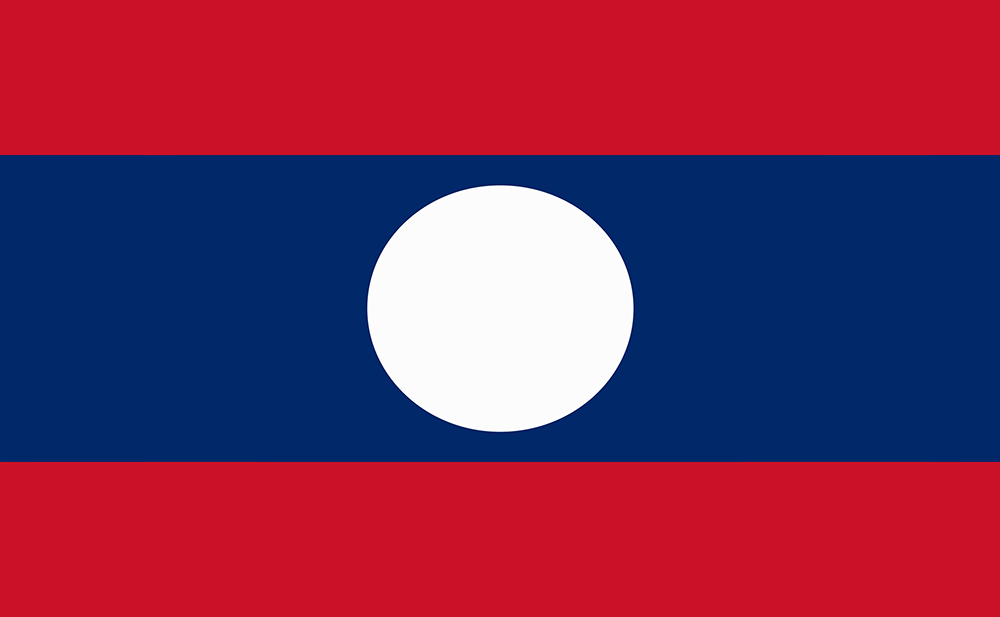
Laos
Laos is on the FATF List of Countries that have been identified as having strategic AML deficiencies.

Philippines
Brunei is no longer on the FATF List of Countries that have been identified as having strategic AML deficiencies.

Cambodia
Cambodia is no longer on the FATF List of Countries that have been identified as having strategic AML deficiencies.
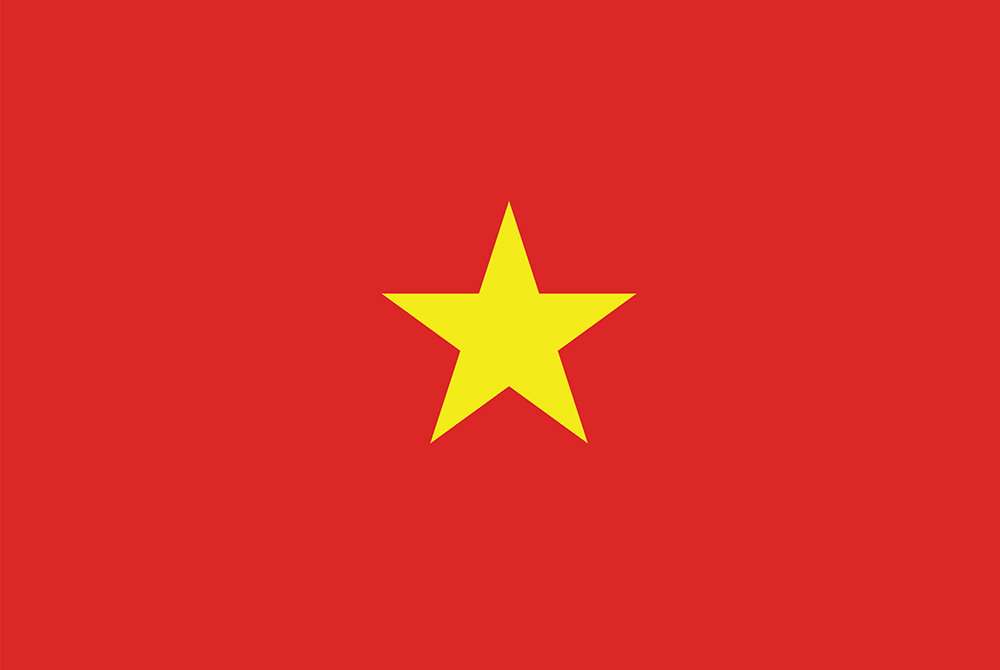
Vietnam
Vietnam is on the FATF List of Countries that have been identified as having strategic AML deficiencies.

Myanmar
Myanmar is subject to a FATF call on its members and other jurisdictions to apply enhanced due diligence measures proportionate to the risks arising from the jurisdiction.
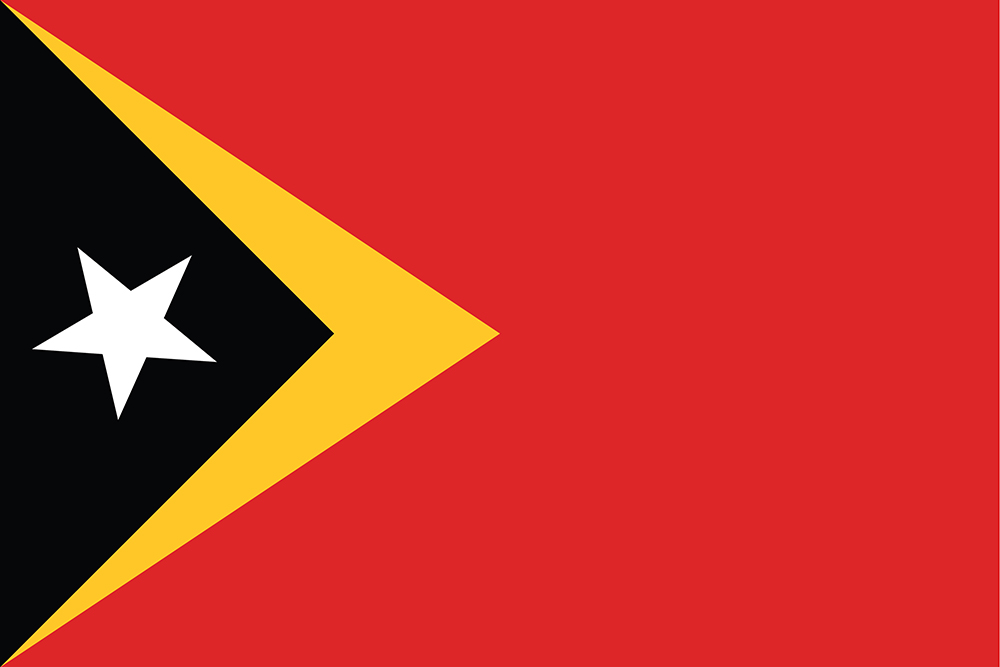
Timor-Leste
Timor-Leste is not on the FATF List of Countries that have been identified as having strategic AML deficiencies.
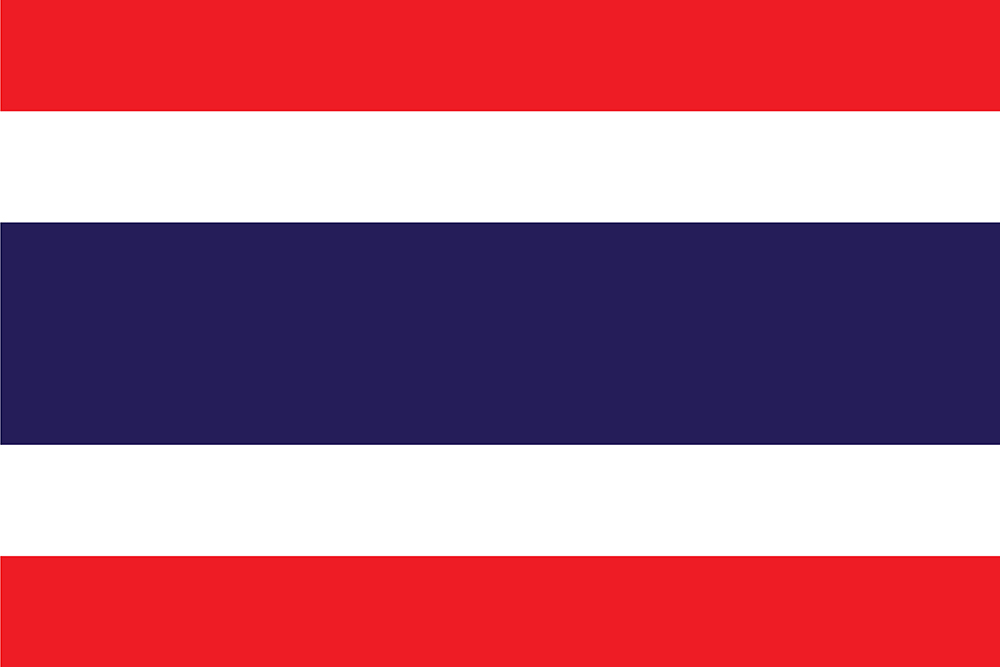
Thailand
Thailand is no longer on the FATF List of Countries that have been identified as having strategic AML deficiencies.

Indonesia
Indonesia was removed from the FATF List of Countries that have been identified as having strategic AML deficiencies on 26 June 2015.

Morocco
Morocco is no longer on the FATF List of Countries that have been identified as having strategic AML deficiencies.
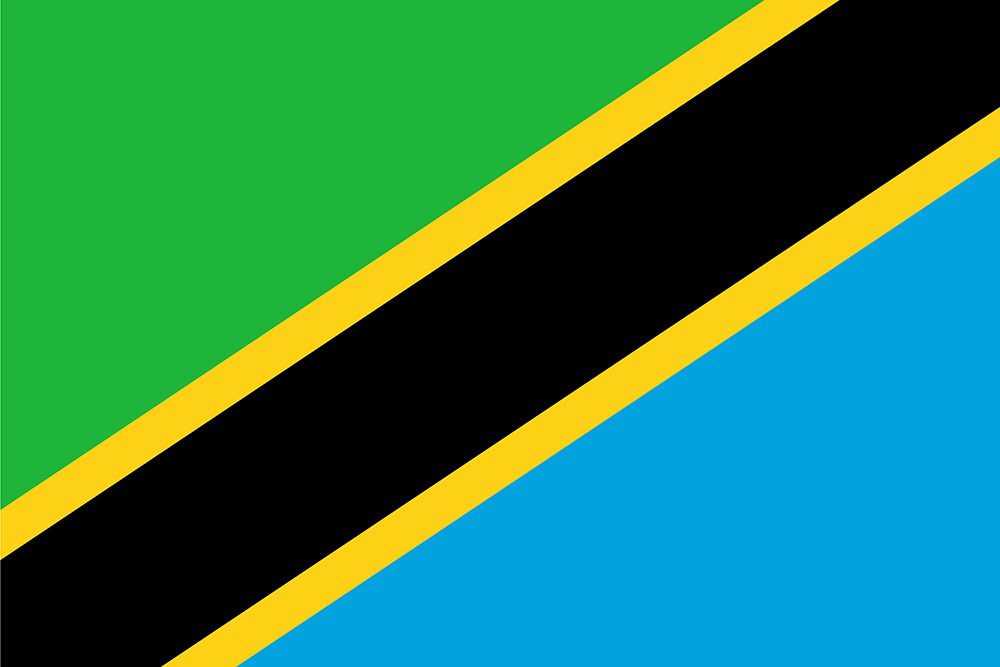
Tanzania
Tanzania is on the FATF List of Countries that have been identified as having strategic AML deficiencies.
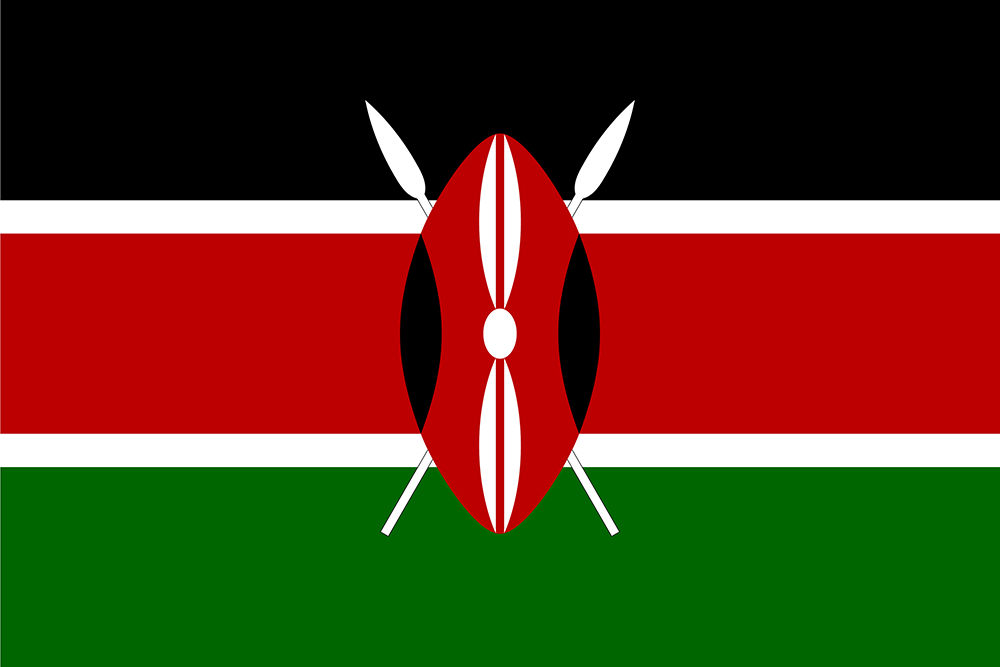
Kenya
Kenya is on the FATF List of Countries that have been identified as having strategic AML deficiencies.

Rwanda
Rwanda is not on the FATF List of Countries that have been identified as having strategic AML deficiencies.

Taiwan
Taiwan is not on the FATF List of Countries that have been identified as having strategic AML deficiencies.

Hong Kong
Hong Kong is not on the FATF List of Countries that have been identified as having strategic AML deficiencies.
Discover How & What TESS Can Do For You
Talk to our professionals on your challenges, we would assist you with a trusted solution.

Definitive Intelligence For Trusted Compliance
- CORPORATE
- About TESS
- Career
- Contact Us
- iSEM.ai
- CHINA KYC




© 2025 TESS INTERNATIONAL. All rights reserved.
